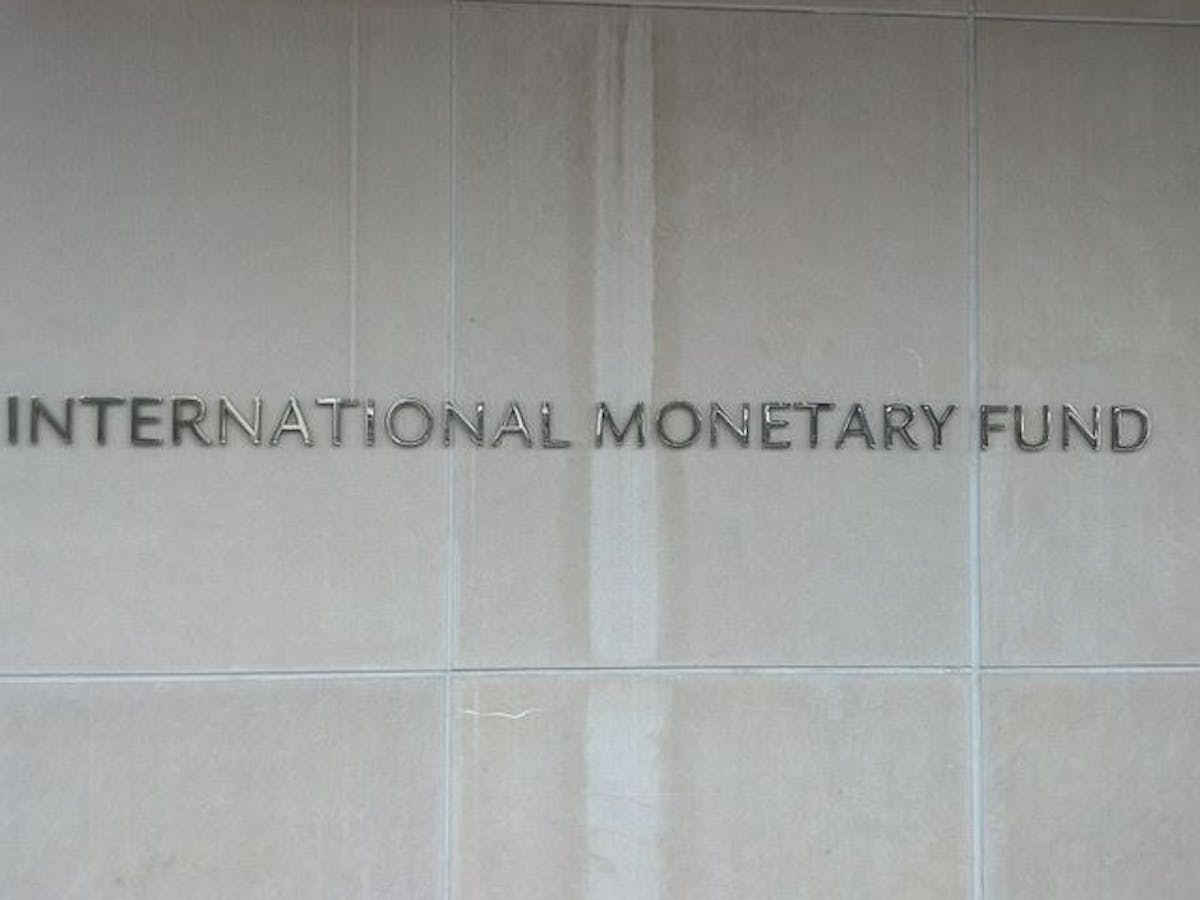The Global Financial System Is Broken But This Summit Could Change That. Here's What to Know.
Published: June 08, 2023

By Tess Lowery
June 8, 2023
“Blah Blah Blah.”
When Greta Thunberg took to the stage with these now-famous words at a Youth4Climate event in Milan in 2021, she was making an important point about the way that most gatherings of heads of states are viewed as essentially vacuous “all talk, no action” schmooze fests where nothing really gets done.
It’s easy to see why there might be some skepticism around high-level summits and conferences. The 2022 UN Climate Change Conference, COP27, was largely deemed a failure. Davos, the four-day annual meet of the World Economic Forum (WEF), is routinely criticized for being elitist, and the G7 Summit underdelivers every year.
So you’d be forgiven for thinking that the Summit for a New Global Financial Pact, chaired by French Emmanuel President Macron in Paris on June 22-23, isn’t even worth getting out of bed for. But you’d be wrong.
This gathering of the world’s leaders isn’t just a back-patting exercise. It was convened because the world is facing a time of unprecedented challenges (no really, it’s absolutely pouring) and our global financial system is stopping us from responding at the urgency and scale needed.
Perhaps you’re thinking that overhauling a global financial system that dates back some 80 years is quite radical. Well, yes, it is actually. That is why this summit is something special.
Here’s the lowdown on the New Global Financial Pact Summit.
When and where is it?
June 22-23, 2023, in Paris.
Who will be there?
Over 300 states, international organizations, and civil society representatives including over 100 heads of state and 40 international organizations such as the World Bank and the International Monetary Fund (IMF).
There are, however, some current notable absences such as UK Prime Minister Rishi Sunak, Brazilian President Lula da Silva, and Australian Prime Minister Anthony Albanese. You can help us put pressure on them to attend by taking action now to email and tweet them.
How is our financial system broken?
It might not surprise you to hear that the world is in trouble.
For the first time in a generation, the number of people living in extreme poverty is rising. Climate change is ravaging the world’s most vulnerable countries and is hitting hardest the people who have done the least to cause it. Drought-induced famine is starving parts of Africa. Small island nations are at risk of devastation as ocean levels rise; and those living in the poorest countries are disproportionately affected by health crises and unequal access to education.
There is money (a whopping $1 trillion to be precise) that *could* be used to help. But it’s not.
Meanwhile, low-income countries are being forced to borrow the money needed to recover from climate-related disasters (which are also growing in frequency and intensity every year) and are being pushed further and further into debt. In what’s been highlighted as a legacy of colonialism, poor countries also actually borrow at a much higher interest rate (about 14%) compared to wealthy countries (around 1-4%).
They can barely cover their debt repayments before the next natural disaster hits them again, which robs them of any chance of building up resilience to future disasters, or for spending on other critical public services like education and health care.
What’s on the agenda?
Unsurprisingly, finance, and lots of it.
Climate finance, bank reform, green infrastructure, and solutions to debt. Find out more about what we’re hoping to see at the summit.
Who is driving this thing?
It was called for by French President Emmanuel Macron to take stock “on all the means and ways of increasing financial solidarity with the [Global] South.”
Prime Minister of Barbados Mia Mottley is spearheading a groundbreaking solution called the Bridgetown Initiative which informs a lot of the issues at the heart of the Summit.
The idea is to shake up the status quo and completely reform much of how development finance has worked in the past. This reimagined and reformed global financial system would support developing countries as they face escalating climate disasters, and increase the financing available to fight climate change. Win-win.
Will it actually change anything?
Let's not get too ahead of ourselves. Rome wasn't built in a day, and the global financial system won't be fixed overnight.
However, this summit represents a pivotal moment — a chance for world leaders to acknowledge the flaws in the financial system and commit to real change. It's a step in the right direction, and that's something to be cautiously optimistic about.
